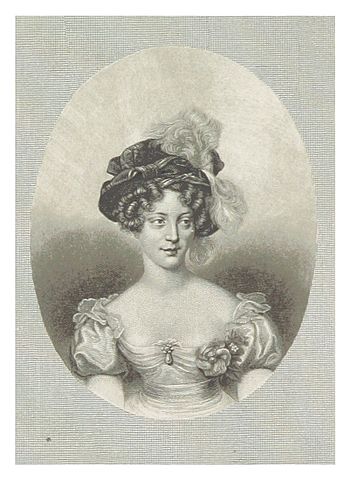\ˈam-bər-ˌgrē(s)\
That’s pretty intoxicating. Not only is the quince rumored to be both the forbidden fruit from the Garden of Eden AND the apple of discord that Paris gave to Aphrodite (thus pissing off Hera and Athena and sparking the Trojan War, thanks dude), rosewater is straight out of the Arabian Nights.
| All this and ambergris too? The name literally means “grey amber” but the stuff is entirely unrelated to the more familiar yellow amber (ambre-jaune) that comes from fossilized tree sap. Ambergris is marine, much smellier and much more mysterious. For a long time, no one quite knew where it came from. The Greeks thought it was a kind of magical guano. The medieval Chinese said it was floating dragon spit. The Arabs said it came from springs deep beneath the shoreline. Dutch sailors claimed it was the sap of a rare coastal tree (and no doubt could arrange to sell you a seedling for a reasonable price). |
| A wax-like substance of marbled ashy colour, found floating in tropical seas, and as a morbid secretion in the intestines of the sperm-whale. It is odoriferous and used in perfumery; formerly in cookery. |
| ...like ripe Windsor soap, or rich mottled old cheese; very unctuous and savory withal. You might easily dent it with your thumb; it is of a hue between yellow and ash colour. (Moby-Dick, ch. 91) |
The thing about ambergris is that it is supposed to smell absolutely divine. A perfumer quoted in a recent news article says “It’s beyond comprehension how beautiful [the smell] is… It’s transformative. There’s a shimmering quality to it. It reflects light with its smell. It’s like an olfactory gemstone.”
Others, more prosaically, say it smells something like well-rotted manure with top notes of tobacco and decaying seaweed. Most accounts agree that there is a distinct whiff of animal feces or ‘barnyard’ about it. And it has squid beaks in it.
Ambergris is traditionally used as a fixative in perfumes to help other more evanescent smells last longer. But as with other conspicuously expensive and smelly things, people also liked to use it in foods and medicines on the rationale that anything that fragrant and that expensive must have magical properties. It was used to treat stomach ailments, paralysis, heart trouble, epilepsy and sore throats.
| It was also (unsurprisingly) prized as an aphrodisiac. Charles II of England, ever the ladies’ man, fortified himself for his escapades with a dish of scrambled eggs with ambergris. Madame du Barry is said to have slathered the stuff all over her body and thrown herself into the path of Louis XV, who obligingly installed her as his chief mistress. (Did you know the position of chief mistress (maîtresse-en-titre) was an official title in pre-Revolutionary France, and came with considerable power and its own set of apartments? Probably worth a few ounces of ambergris body butter.) |
| Whenever I feel, some day or other, the burden of age, when I think with difficulty, and feel oppressed by some power unknown, I take as much powdered ambergris as will lay on a shilling with a cup of chocolate, sugar it to my taste, and it has always done me a great deal of good. |
(And here’s a neat little aside: resinous amber gives us our modern word for electricity. The Latin word for resinous amber was “electrum,” from the Greek ἤλεκτρον (“elektron”). This in turn is believed to come from an earlier word ἠλέκτωρ (“elektor”), possibly Phoenician, which means “shining sun.” And when scientists in the 16th century picked up a hunk of this shiny sun-like golden stuff and rubbed it, they noticed that other lightweight objects like bits of straw and paper would then stick to it. So they called things with this property “Electrick bodies” since they behaved like “electrum.”)
But back to ambergris!
It has been suggested that 19th century whalers tracked their quarry by following the faint smell of ambergris on the waves. Moby-Dick seems to offer at least potential corroboration––Ishmael suggests that “the motion of a Sperm Whale’s flukes above water dispenses a perfume, as when a musk-scented lady rustles her dress in a warm parlor.”
I find this a rather intoxicating image: the scented lady rustling in her parlor, illuminated (Ishmael would insist) by whale oil lamps or spermaceti candles. Evanescent, though. “Proper amber” will turn soon enough from ambre-gris to ambre-jaune; electric lights will muscle out softer glows; the scent of “olfactory gemstones” replaced by Febreeze and Axe body spray. Our hot chocolate and our marmalade will be clean and modern, free of morbid secretions.
But I’m still keeping my eyes open when I walk on the beach. Who knows, I might happen across some fossilized dragon spit for my hot chocolate. Hold the squid beaks.





 RSS Feed
RSS Feed